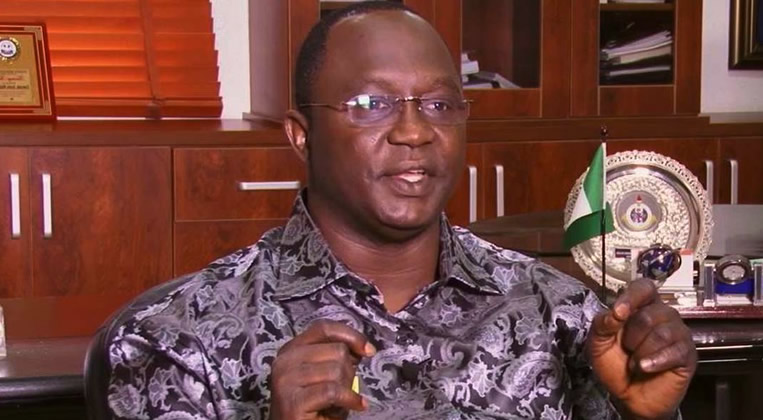The endless depreciation of the naira and the rising inflation have eroded Nigerian workers’ N24.88tn salary received in the first six months of 2022.
The salaries of workers in the Nigerian formal sector increased from N21.80tn in the first six months of 2021 to N24.88tn in the corresponding period of 2022.
This represents a N3.08tn increase within the period. But when adjusted for inflation, the National Bureau of Statistics recent data on employees’ compensation revealed that there was only a N550.97bn increase.
This means that not only was the N3.08tn increase in salary eroded, the total salary of nearly N25tn also depreciated.
A further dive into the data revealed that the compensation of employees at 2010 purchaser’s value was N10.71tn in the first six months of 2021, which marginally increased to N11.26tn in the corresponding period of 2022.
Explaining compensation of employees, the NBS said, “This consists of the total remuneration of employees in the formal sector, including both wages and salaries, and benefits in kind (such as pensions).”
It added, “In Q1 and Q2 2022, compensation of employees grew by 6.48 per cent and 3.93 per cent respectively in real terms year on year.
Related News
Water producers lament, say inflation affecting business
FX scarcity, fuel hike push inflation to 21.09%
Workers groan as rising inflation hits income
“These growth rates were lower than Q1 2021 and Q2 2021 rates recorded at 9.26 per cent and 19.44 per cent respectively. On a quarter-on-quarter basis, the compensation of employees in real terms, fell by 13.25 per cent in Q1 and grew by 7.22 per cent in Q2 2022.
“In nominal terms, compensation of employees grew by 14.30 per cent and 13.95 per cent in Q1 and Q2 2022 respectively. The nominal quarter-on-quarter growth rates of -6.86 per cent in Q1 2022 and 8.09 per cent in Q2 2022 were recorded, higher than -8.33 per cent in Q1 2021 and lower than 8.42 per cent in Q2 2021.”
According to the International Monetary Fund, the naira had been losing 10.6 per cent of its value annually since 1973. One dollar was about N535 at the parallel market (the nation’s most accessible market for the dollar) as of November 2021, but it has since increased to over N750 in November 2022.
In its October inflation update, the NBS disclosed that the persistent depreciation of the naira had resulted in an increase in import costs. Nigeria is an import-dependent country, and according to experts, this will only continue to erode the purchasing value of the naira, leading to negligible real-time increases in personal income.
According to the World Bank, the devaluation of currencies like the naira was driving up food and fuel prices and could worsen food and energy crises.
The Director of the World Bank’s Prospects Group and EFI Chief Economist, Ayhan Kose, said, “The combination of elevated commodity prices and persistent currency depreciations translate into higher inflation in many countries.”
The World Bank expects seven million Nigerians to fall into poverty because of high inflation rates in 2021. Sixty-three per cent of Nigerians are multi-dimensionally poor, according to the NBS data released on Thursday.






